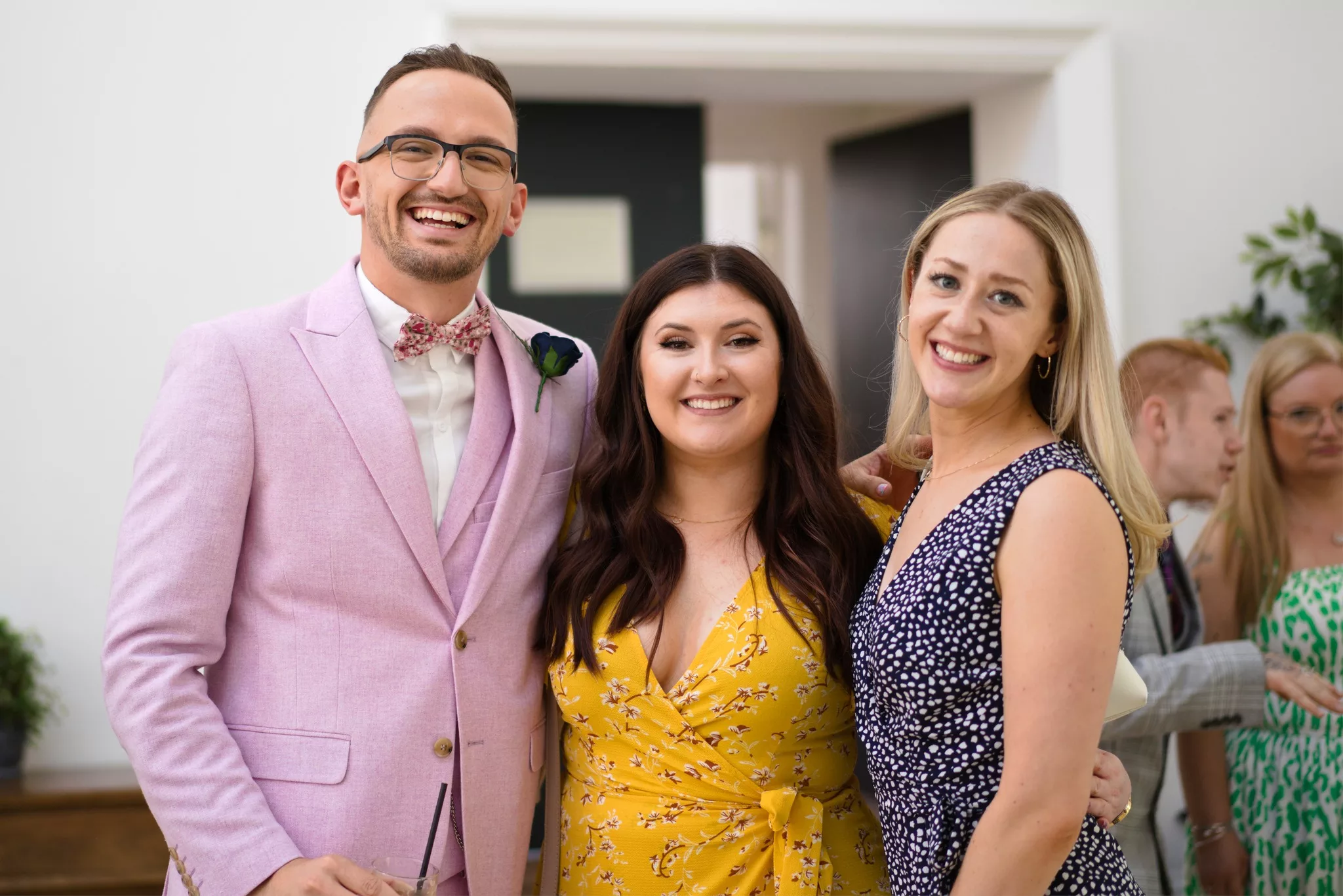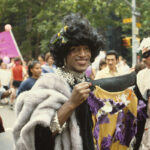Gays at Work:
Julia, Account Manager
Personally, when I think of Public Relations, two images come to mind. The first: stuffy cigar-smoking straight men, making lewd comments about their secretaries. For example, your Don Drapers and your Darren Stephens. The second: Samantha Jones, no elaboration necessary. It’s a world in which the personal and professional can begin to blend. Those pitches and conversations and communications, they have to be infused with personality and creativity.
But what does that mean for queerness? How can you, should you, is it safe, to infuse your creative work with your sexuality? I spoke to Julia about her work as an accounts manager and how it intersects with her sexuality.
As an accounts manager for Five in a Boat, Julia is charged with the typical PR tricks and tasks – press releases, campaign and idea pitches, and basically, how to relate to the public. ‘Most of my work is in the games and tech industry, which, let’s face it, is very male-dominated. As a gamer myself, sometimes it can feel very exclusory. I’ve heard the lack of female characters in games being blamed on budgets.’ We both agreed that things have improved, but there’s still room to go further.
‘Storytelling is a major part of what I do,’ she says, ‘and queer stories should be part of that.’ Julia is part of making that happen. She told me about clients who have come up with their own ways to incorporate representation into their products. Avatar-based games clients have introduced items for Pride month. ‘I have made similar suggestions, tried to test the waters; so far, no client has pushed back.’
And these stories, these client campaigns, are well received. Taking The Last of Us as an example – Julia’s current favourite game and TV show – the gaming community is open to queer stories. ‘Ellie’s sexuality becomes important in the game. Everyone already finds the show so engrossing; I can’t wait to see how it plays out on screen.’
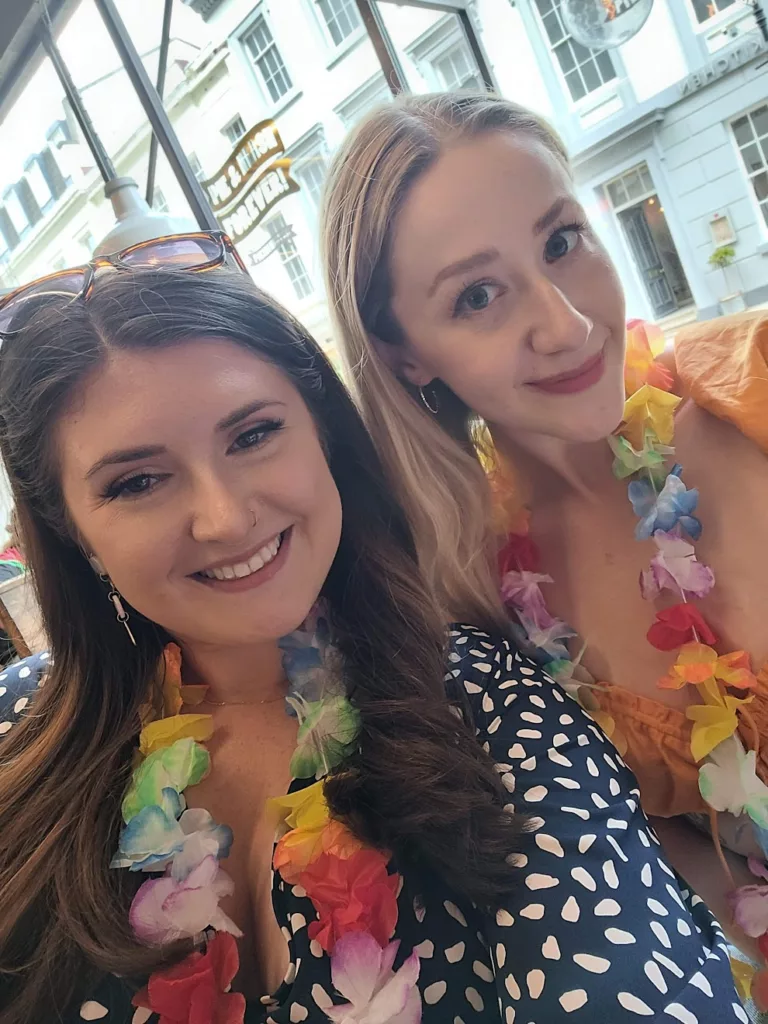
Although talking months earlier, Julia and I chatted about Pride Month, and the impending ‘rainbow-washing’. In short, ‘rainbow-washing’ is a superficial form of supporting LGBTQ+ people. One often toted sign of this: the ubiquitous rainbow-version of a company’s logo during Pride Month. The other sign: never talking about queer people for the other 11 months of the year.
‘To be fair, most PR and media-based companies are well-versed in LGBTQ+ issues. These industries tend to attract creative people, many of whom can be found in the queer community. But, when you think about it, it’s just good business sense to try and appeal to as many people as possible, to sell and attract consumers from all walks of life.’
The problem then can be that this support, this LGBTQ+ specific targeting, only lasts for a month. As members of the queer community, we should be interrogating these companies, asking them how they are substantially supporting the queer community. A rainbow version of a logo and adding pronouns into your email sign-off is all well and good; but it’s doing very little to fight actual discrimination.
‘You’ll see companies uploading Pride-based posts on social media,’ Julia says, ‘but what are these companies actually doing?’ So much appears to be just for show, as Julia described it, with all eyes on these companies. No business wants to be the one that does nothing for Pride month. ‘If companies really want to show that they authentically genuinely support the community, queer people within the company should be able to speak to that. Thankfully, for me, that’s embedded into our company ethos’.
Created by a former rower, Julia explained how the boat metaphor epitomises the Five in a Boat ethos. ‘As a team, as a crew, we each have an oar. For us to work successfully, everyone has to pull their weight – everyone’s contribution is valued.’ This mentality, this idea of everyone having value, has trickled down through the company. Each person’s contribution, and the value of said contribution, is personal.
As a bi-woman, Julia is more comfortable here than before, speaking about her sexuality. She knows that her value isn’t going to be undermined by this. Discussing it in a casual way, I asked Julia how out she was at work. ‘Most of it comes up in our downtime, swapping the good, the bad and the ugly dating stories. Or, not to be very millennial or Gen Z about it, we’ll be discussing what ‘side’ of Tik Tok we’re on. Me, I’m on the queer woman gamer side.’
Like many LGBTQ+ people, this is not, has not, always been the case. In a previous job, Julia recalls an incident where a colleague commented on her clothes, saying ‘you dress like a lesbian’. Being of similar age, Julia and I both remembered words like ‘gay’ being bandied around the playground on a daily basis: ‘that’s so gay’, ‘you look so gay’. But to have that in the work place?
‘Part of me would love to be more physically expressive with my identity: purple hair, more piercings, more tattoos. But comments like that kinda set you back, makes you think that expressing yourself is a bit naff.’ Describing herself as a previously shrinking violet, Julia believes things have got better – she has also changed jobs. ‘The culture around language has changed which is great. We’ve moved away from certain words like ‘lesbian’ or ‘gay’ being used as insults, or someone’s sexuality as a punchline. Within work and, I guess, all cooperate environments, language has become more neutral; we all, I hope, strive to be less offensive.’
Although not sporting purple hair (yet), Julia understands she’s in a certain role, a professional position, and she has to fit into that. Purple hair might not meet office dress-code standards; and there’s a time and a place, professionally speaking, when to talk about your identity. ‘It’s really a case of having to read the room, especially with new clients and clients where men are the majority.’ Talking to Julia about last month’s column with Alex, about the anti-LGBTQ+ posts on his colleagues’ social media, I asked her how she’s learnt to read the room.
‘A lot of the time, I connect with clients via social media, things like LinkedIn. From there, it’s pretty easy to pick up on their general vibe, like a very unofficial background check. You can see who their partner is, what events they’ve been to, what shows, music, films, charities they’re posting about. After that, you can often suss out the company’s philosophy based on similar social signifiers.’ Jokingly, we concurred that men are the ‘enemy’ and entering a professional setting with them can be daunting. How should I behave? What mannerisms should I avoid? Might they not even care? In cooperate areas, queer people sometimes have to police their expression.
‘Part of it is just knowing what’s suitable. I’m not going into a boardroom with a new client saying “Hi I’m Julia and I’ve dated men and women”. I doubt straight people are doing that. And sometimes I don’t feel the need to have a client know about my sexuality or anything about my personal life, whether they care or not. The important thing is what I want to do, what I want or feel happy letting them know.’
Reading the room isn’t just for client or consumers, but also employers. I wanted to know what advice Julia would give to an LGBTQ+ person looking to enter the world of PR and media. ‘I would actually bring it up during an interview. Not blurt it out, but to interweave it into the conversation.’ Seems contrary to everything we’ve ever been told about interviews, avoid talking about your personal life is a cardinal rule. ‘Asking about the social aspect of a company or any events they hold can be a good litmus test for the office culture. It can help you judge how at ease you might be there, whether you would be able to be open or out about your sexuality and identity.’
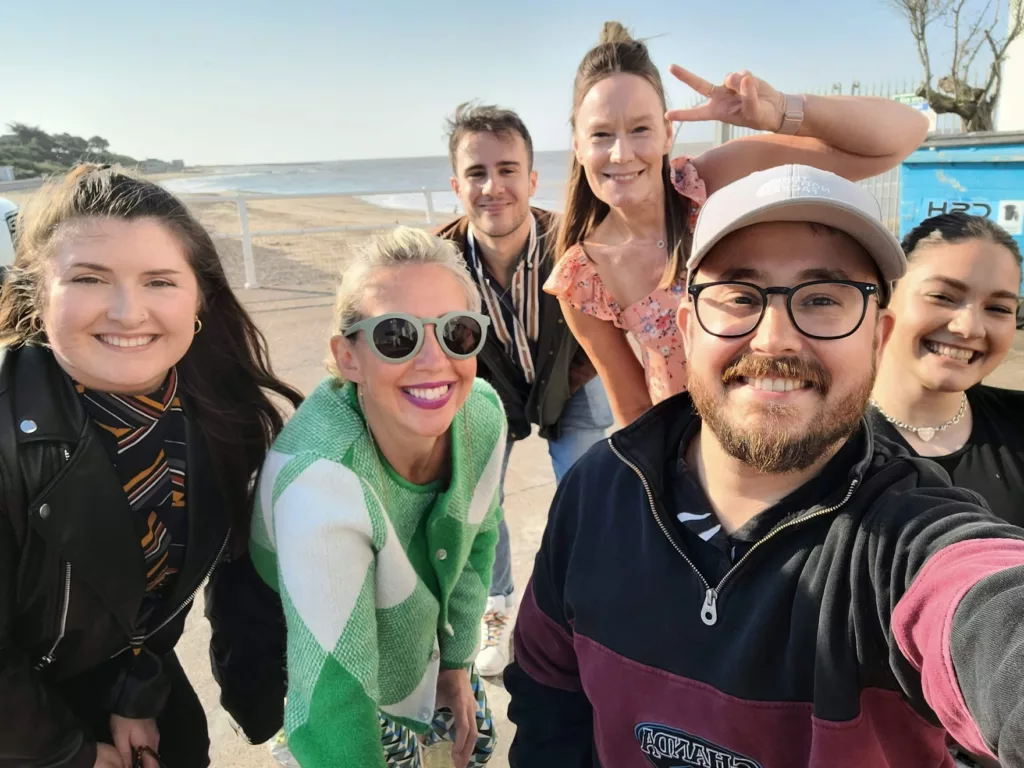
With Pride Month looming and her clients being open to inclusion and representation, I was dying to know what plans Julia has for the future. ‘We’re beginning to look at other gaming concepts, looking at environmental games, VR and such. And I will also hope to and work to include as much representation as possible. There are not always opportunities to think outside the box, but I try and go for it when I can. As an accounts manager, I know that representation matters, that all stories should be told. As a queer woman, as a queer consumer, I want that for myself. If it matters to me, if the clients like the story, then other people will too.’
